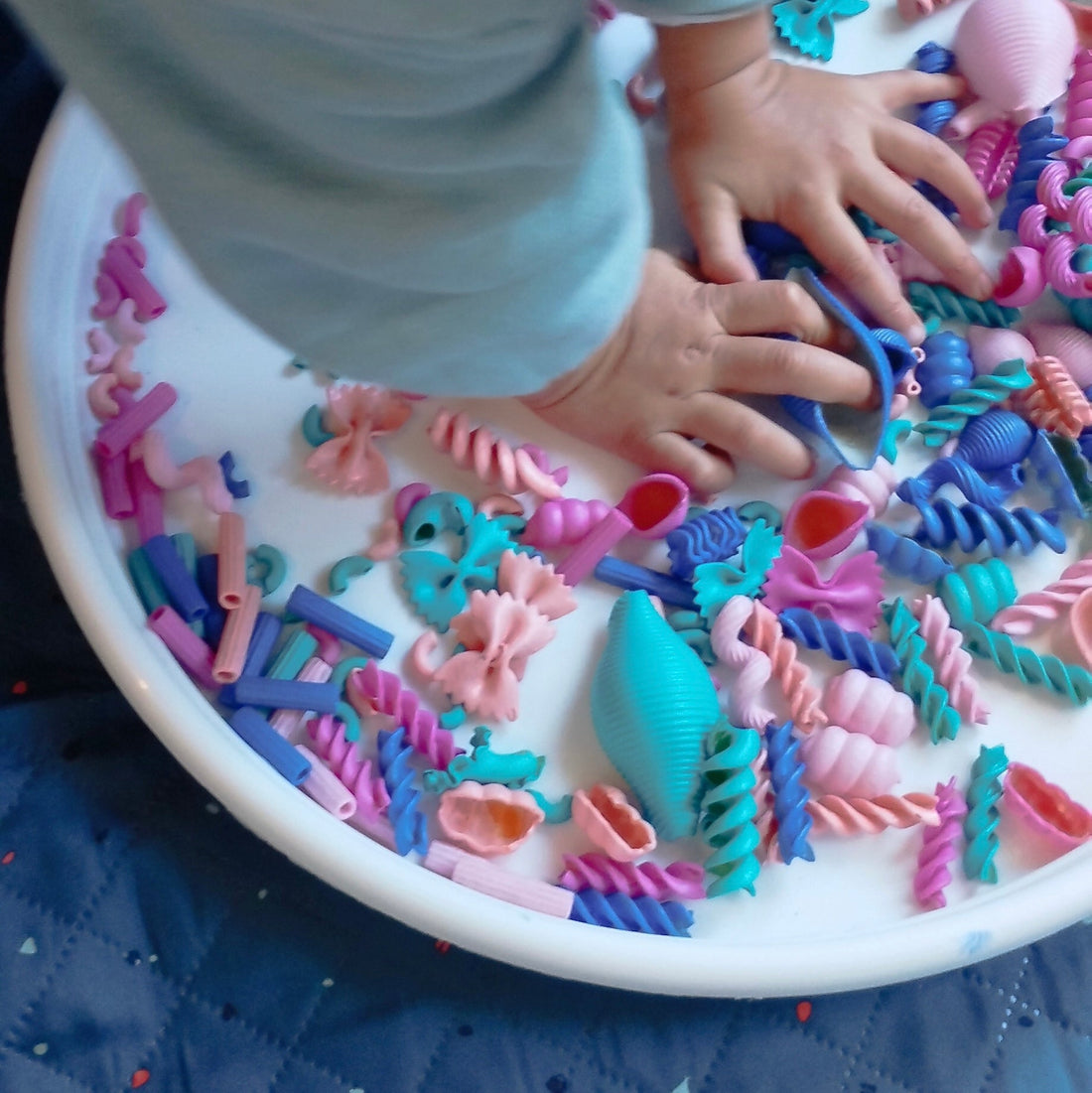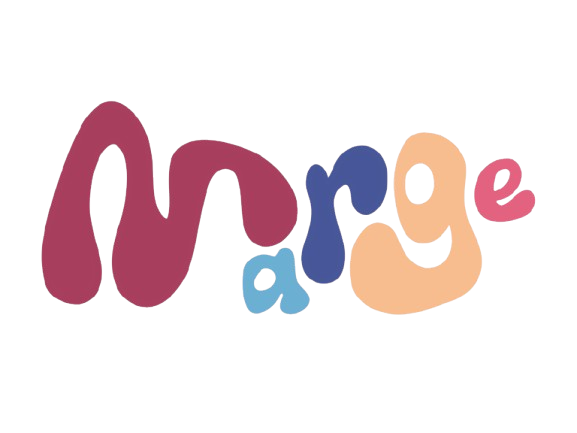
The Benefits of Hands-On Play for Early Learning
Marge JimenezShare
Learning doesn’t have to be confined to books and pencils. Hands-on play provides children with a fun and dynamic way to learn through exploration, creativity, and direct experience. This type of play is especially important in the early years when kids are developing essential life skills.
Here are the incredible benefits that hands-on play offers for early learning:
1. Develops Fine Motor Skills
Handling materials like blocks, clay, sensory rice, or small toys helps children develop fine motor skills. These skills are crucial for tasks like writing, cutting, and buttoning clothes.
Example: Using tongs to pick up pom-poms in a sensory bin improves hand-eye coordination and finger strength.
2. Stimulates Creativity and Imagination
Hands-on play allows children to imagine, create, and experiment without limits. It gives them the freedom to explore their world uniquely.
Example: Building scenarios with construction blocks or creating a sensory bin (like a dinosaur jungle) sparks their imagination and creative thinking.
3. Enhances Problem-Solving Skills
During hands-on play, kids often face small challenges, such as building a tower that won’t fall or figuring out how to complete a puzzle. These activities help develop logical thinking and problem-solving skills.
Example: Assembling toy pieces or completing patterns with blocks encourages decision-making.
4. Encourages Multi-Sensory Learning
Hands-on play engages multiple senses (touch, sight, sound, and even smell), which reinforces learning. Children retain experiences better when multiple senses are involved.
Example: Playing with sand, water, or colored sensory rice is not only fun but also helps children connect textures and colors to concepts.
5. Builds Independence and Confidence
Hands-on play allows children to explore and make decisions on their own. This helps them build confidence in their abilities and feel proud of their accomplishments.
Example: Completing a task or creating something independently fosters a sense of achievement and autonomy.
6. Improves Social and Emotional Skills
Many hands-on activities are done in groups, encouraging social interaction and teaching skills like sharing, collaborating, and communicating. Additionally, play is a great way for kids to express and regulate their emotions.
Example: Working together to build a castle or solve a puzzle teaches cooperation and empathy.
7. Makes Learning Fun
One of the greatest benefits of hands-on play is that it turns learning into an enjoyable and exciting experience. Kids don’t feel pressured to “learn” but naturally acquire knowledge while playing.
Example: Learning colors by sorting objects or practicing numbers by counting toy pieces.
How to Incorporate Hands-On Play at Home
- Create sensory bins: Fill a container with rice, lentils, sand, or water and add objects related to a theme (animals, shapes, colors).
- Do arts and crafts projects: Use paints, clay, or recycled materials to create something new.
- Use building toys: Blocks and puzzles are perfect for improving motor and logical skills.
- Play outdoors: Collect leaves, build sandcastles, or play with water for a hands-on experience.
